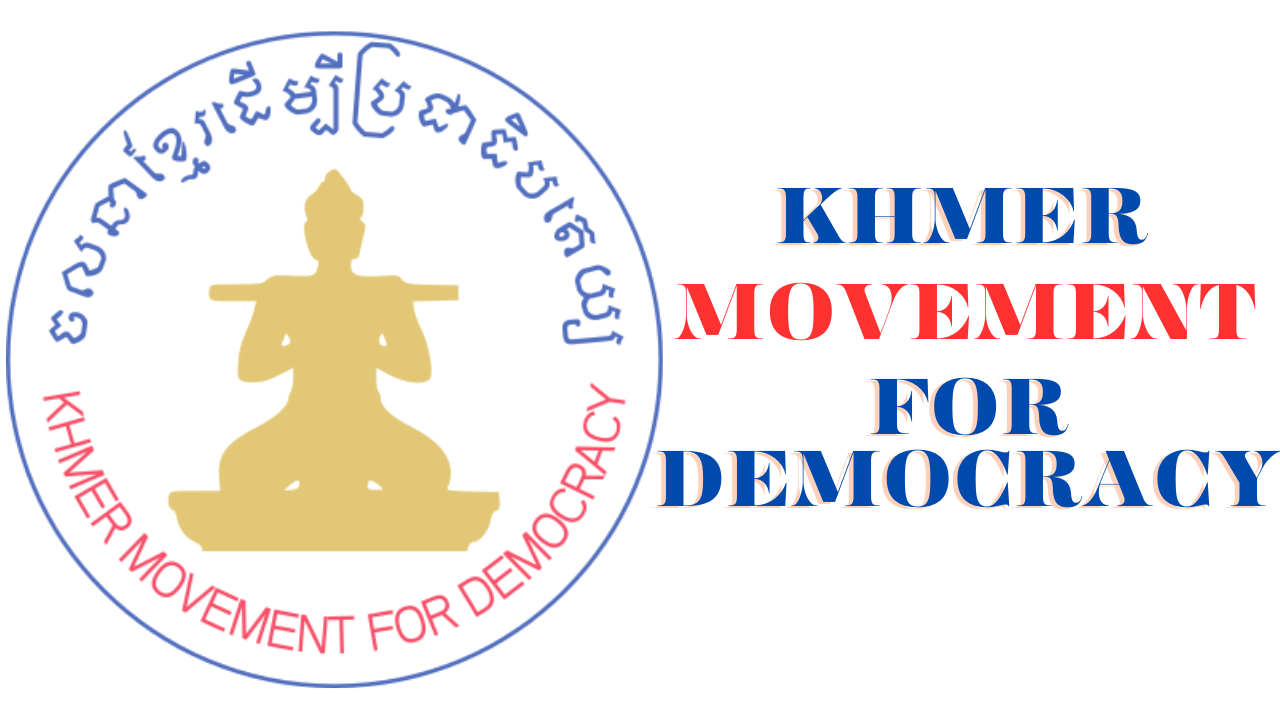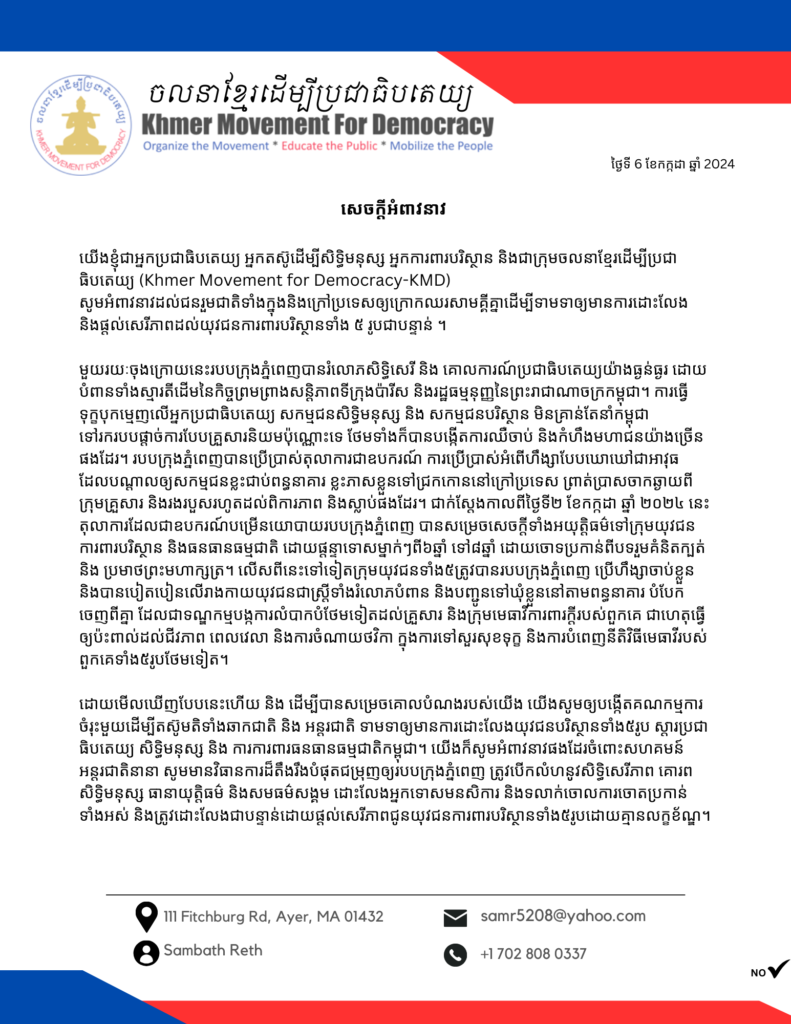Sun Chanthy, president of the Cambodian opposition party the National Power Party (NPP), has been arrested as he returned to Cambodia after a visit to Japan. He was arrested as he disembarked from the plane and is being held at the national police headquarters in Phnom Penh.
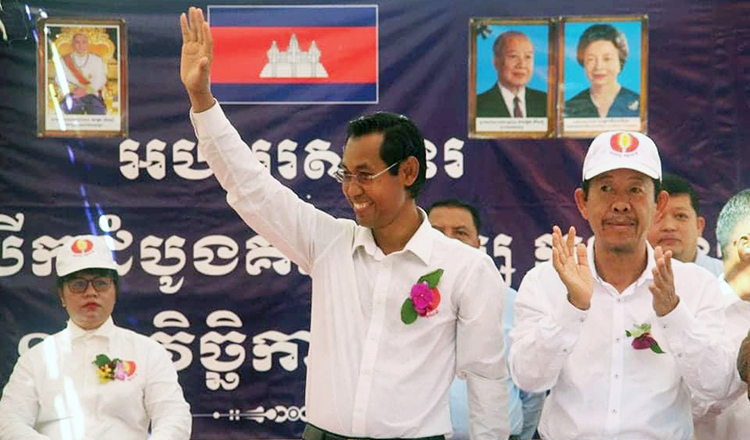
Sun Chanthy, who as far as we know has no lawyer, was elected president of the NPP in November 2023. He is a former leader of the opposition Candlelight Party in Kampong Thom province and held the same role for the Cambodia National Rescue Party (CNRP), which was dissolved by the country’s politically controlled supreme court in 2017.
The government blocked Candlelight from participating in the July 2023 national elections on a bureaucratic pretext. The excuse was that the party could not produce its original registration document issued in 1998. This document was seized by the authorities in a raid on the headquarters of the CNRP in 2017.
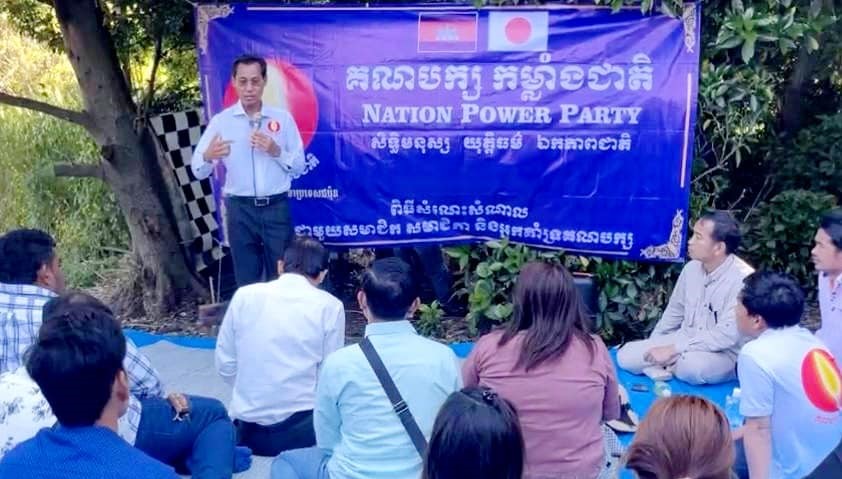
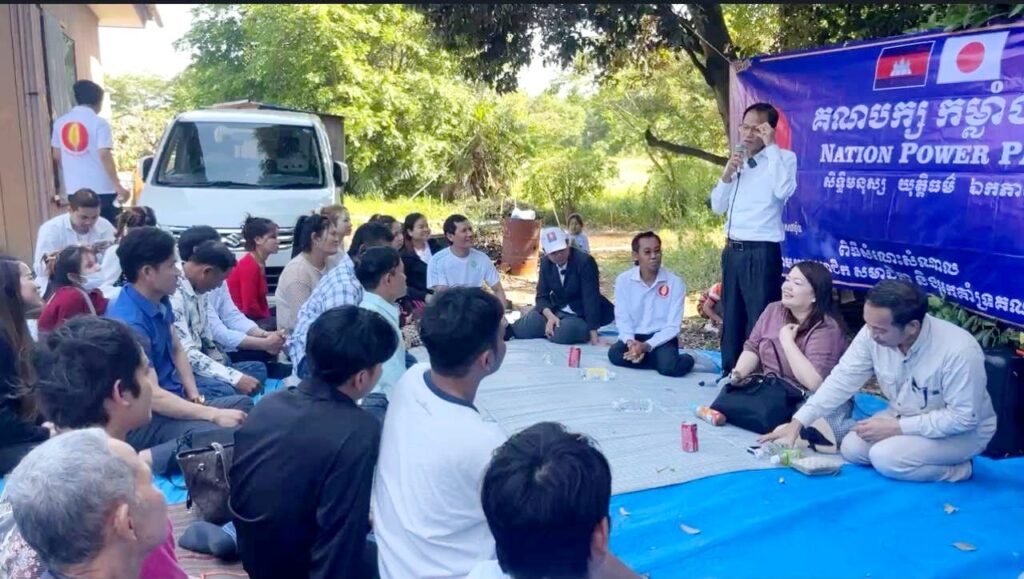
Sun Chanthy was among CNRP leaders who were banned from political activity for five years in 2017. He was accused of sharing messages of support for the CNRP on Facebook and of remaining in contact with the party’s exiled co-founder Sam Rainsy. In 2021, Sun Chanthy was allowed to resume political activity.
Trade union leader Rong Chhun, a former vice-president of the opposition Candlelight Party, is an adviser to the NPP, though he is not a member of the party. The ministry of the interior has warned that it will dissolve any political party that accepts Rong Chhun as a member.
More than 60 political prisoners are being held in Cambodia, according to Human Rights Watch. Hun Manet has yet to release a single one since taking over from his father Hun Sen as prime minister in August 2023.
New arrests continue, showing that Hun Manet is determined to stamp out any trace of dissent, particularly among political leaders who try to achieve international visibility. The latest arrest is clearly an attempt to ensure that the NPP does not emerge as a vehicle for opposition to the regime.
